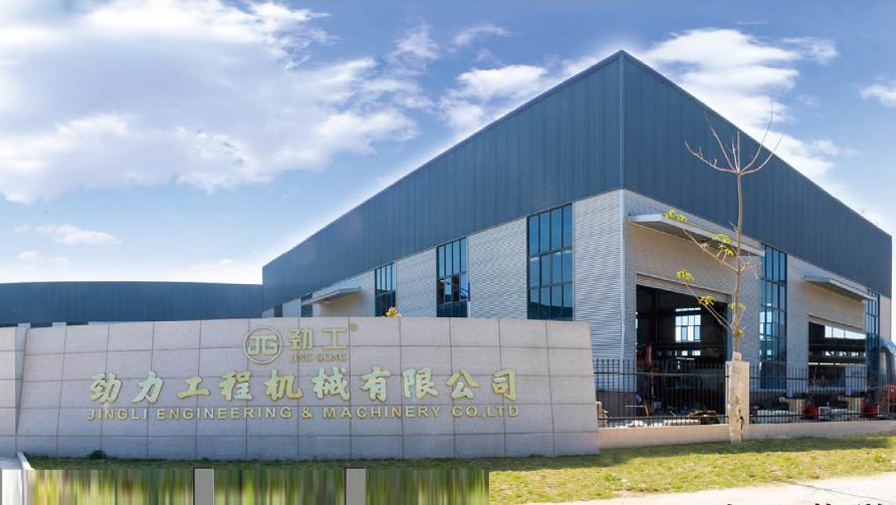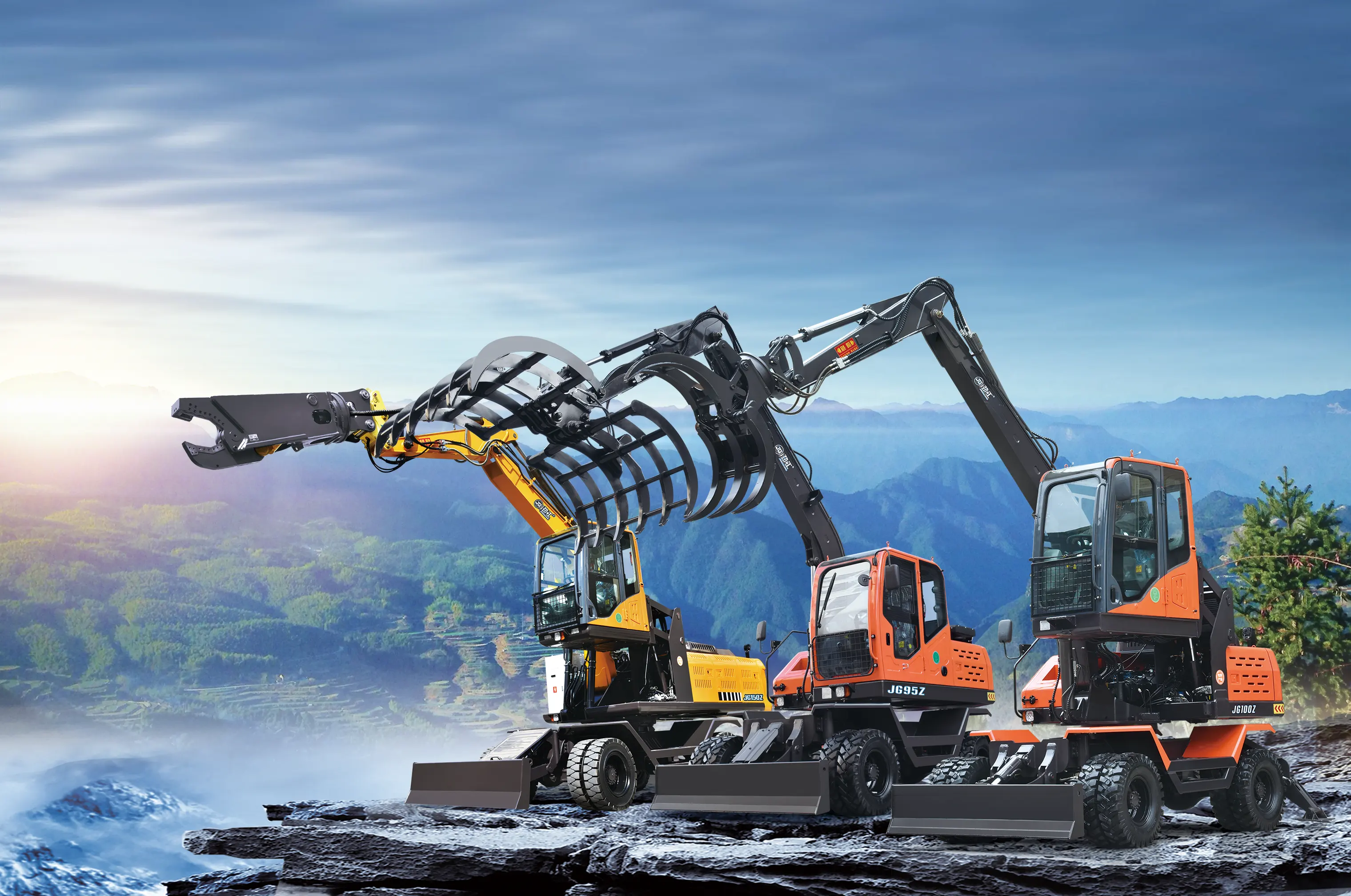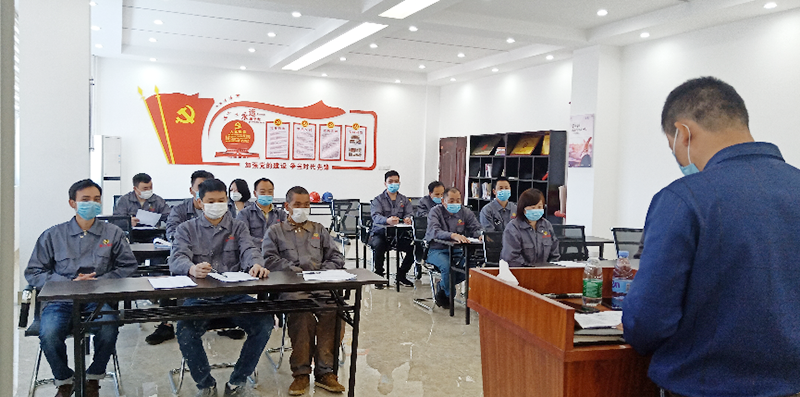
Online Inquiry
Optimize Excavation Projects with a High-Performance Compaction Wheel
TIME:2025-07-12 10:00
Optimize Excavation Projects with a High-Performance Compaction Wheel
Table of Contents
- Introduction to High-Performance Compaction Wheels
- Understanding the Role of Compaction in Excavation
- Benefits of Using High-Performance Compaction Wheels
- Types of Compaction Wheels Used in Excavation
- Applications of Compaction Wheels in Excavation Projects
- Choosing the Right Compaction Wheel for Your Project
- Best Practices for Optimizing Compaction in Excavation
- Frequently Asked Questions
- Conclusion
Introduction to High-Performance Compaction Wheels
The excavation industry has undergone significant advancements over the years, leading to improved efficiency and productivity. One of the major breakthroughs in this field is the development of **high-performance compaction wheels**. These innovative tools play a crucial role in enhancing the soil compaction process, which is vital for ensuring the stability and integrity of construction projects. In this article, we will explore how these compaction wheels can optimize excavation projects, delve into their benefits, and provide insights on how to effectively utilize them for maximum efficiency.
Understanding the Role of Compaction in Excavation
Compaction is a critical aspect of the excavation process that involves increasing the density of soil by reducing air voids. This is essential for creating a stable foundation for various construction projects, such as roads, buildings, and other infrastructure. Proper compaction ensures that the soil can support the weight of structures while minimizing the risk of settlement and erosion.
The importance of compaction cannot be overstated. When soil is not adequately compacted, it can lead to a host of problems, including:
- **Uneven surfaces**: Poorly compacted soil can result in uneven surfaces, which can affect the installation of foundations and pavements.
- **Increased settlement**: Insufficient compaction can lead to excessive settling over time, causing structural damage.
- **Water drainage issues**: Compaction affects how water drains through the soil, which can lead to flooding or erosion if not managed properly.
Understanding these challenges emphasizes the need for effective compaction methods, making **high-performance compaction wheels** an essential tool in modern excavation practices.
Benefits of Using High-Performance Compaction Wheels
High-performance compaction wheels offer a multitude of benefits that can significantly enhance excavation projects. Here are some of the key advantages:
1. Improved Soil Density
High-performance compaction wheels are designed to deliver superior compaction results, achieving higher soil density levels compared to traditional methods. This results in a more stable foundation for structures.
2. Enhanced Efficiency
These compaction wheels can cover larger areas in less time, reducing the overall duration of excavation projects. This efficiency translates to lower labor costs and faster project completion.
3. Versatility
High-performance compaction wheels can be used across various soil types and conditions, making them a versatile addition to any excavation project. Whether dealing with clay, sand, or gravel, these wheels can adapt to meet the specific requirements of the site.
4. Reduced Maintenance Costs
Investing in high-performance compaction wheels can lead to lower maintenance costs over time. Their robust construction and efficient design reduce wear and tear on machinery, resulting in longer equipment lifespans.
5. Environmental Benefits
By maximizing compaction efficiency, these wheels can minimize the need for excessive soil removal or alteration, which can have positive environmental implications. The reduced disturbance to the site helps preserve the surrounding ecosystem.
Types of Compaction Wheels Used in Excavation
Understanding the different types of compaction wheels available is essential for selecting the right tool for your excavation project. Here are some common types:
1. Vibration Compaction Wheels
Vibration compaction wheels use oscillating motion to achieve compaction. This type is effective for granular soils and is often used in road construction and foundation work.
2. Static Compaction Wheels
Static compaction wheels rely on weight and pressure to achieve soil density. They are ideal for cohesive soils and are commonly used in applications like embankments and backfilling.
3. Pneumatic Compaction Wheels
Pneumatic compaction wheels utilize air-filled tires to provide a softer touch on the soil. This method is particularly useful for sensitive areas, where excessive force could cause damage.
4. Combination Compaction Wheels
Combination wheels integrate multiple compaction methods, such as vibration and static pressure. This versatility allows for comprehensive compaction across varying soil types.
Applications of Compaction Wheels in Excavation Projects
High-performance compaction wheels find extensive applications in various excavation projects, enhancing both the quality and speed of operations:
1. Road Construction
In road construction, proper soil compaction is vital for creating durable surfaces. High-performance compaction wheels help achieve the necessary density to support vehicle loads.
2. Foundation Work
For building foundations, achieving adequate compaction is essential for stability. Compaction wheels ensure the soil can support the weight of the structure above.
3. Utility Installation
When installing utilities underground, compaction wheels facilitate the backfilling process, ensuring that the soil around pipes and cables is adequately compacted to prevent future settling.
4. Landscaping Projects
In landscaping, compaction wheels can be used to prepare soil for grass and other vegetation. Proper compaction improves root penetration and nutrient absorption.
Choosing the Right Compaction Wheel for Your Project
Selecting the right compaction wheel is crucial for optimizing excavation projects. Consider the following factors when making your choice:
1. Soil Type
Different soil types require different compaction methods. Assess the soil conditions on your site to determine which compaction wheel will perform best.
2. Project Size
For larger projects, consider wheels that offer greater efficiency and coverage. Smaller projects may benefit from more portable options.
3. Equipment Compatibility
Ensure that the compaction wheel you choose is compatible with your existing machinery. This compatibility will maximize efficiency and minimize additional costs.
4. Budget Considerations
Evaluate your budget and the potential return on investment. While high-performance wheels may have a higher upfront cost, their efficiency can lead to long-term savings.
Best Practices for Optimizing Compaction in Excavation
To fully leverage the benefits of high-performance compaction wheels, here are some best practices to follow:
1. Conduct Soil Testing
Before commencing any excavation work, conduct soil testing to understand the soil's composition and moisture content. This information will guide your compaction efforts.
2. Adjust Settings for Conditions
Many high-performance compaction wheels come with adjustable settings. Tailor these settings based on the soil type and moisture levels for optimal performance.
3. Utilize Appropriate Techniques
Employ the correct compaction techniques for the specific project requirements. Avoid rushing the process, as proper compaction takes time and precision.
4. Monitor Progress
Regularly monitor the compaction process to ensure desired outcomes. Make adjustments as necessary based on feedback from soil density measurements.
5. Invest in Training
Ensure that operators are well-trained in using compaction wheels. Proper training can significantly impact the efficiency and effectiveness of compaction efforts.
Frequently Asked Questions
1. What is a high-performance compaction wheel?
High-performance compaction wheels are specialized tools designed to enhance soil compaction during excavation. They offer superior density results, increased efficiency, and versatility across soil types.
2. How do compaction wheels improve excavation projects?
They improve excavation projects by achieving higher soil density, reducing project duration, lowering maintenance costs, and minimizing environmental impacts.
3. Can compaction wheels be used on all types of soil?
High-performance compaction wheels are versatile and can be used on various soil types, including clay, sand, and gravel. However, selecting the right type of compaction wheel is essential based on specific soil conditions.
4. How do I know which compaction wheel to choose?
Choosing the right compaction wheel depends on factors such as soil type, project size, equipment compatibility, and your budget.
5. What maintenance is required for compaction wheels?
Regular maintenance includes checking for wear and tear, ensuring proper lubrication, and inspecting for any damage. Proper upkeep will extend the lifespan of your compaction equipment.
Conclusion
In summary, **high-performance compaction wheels** are a game-changing tool in the excavation industry, offering numerous benefits that enhance project efficiency and outcomes. By understanding their role in compaction, selecting the right type, and following best practices, construction professionals can optimize their excavation projects for improved performance and stability. Investing in these advanced compaction solutions not only promotes better construction practices but also contributes to the overall success of your projects. Embrace the future of excavation with high-performance compaction wheels and experience the difference in your operations.










